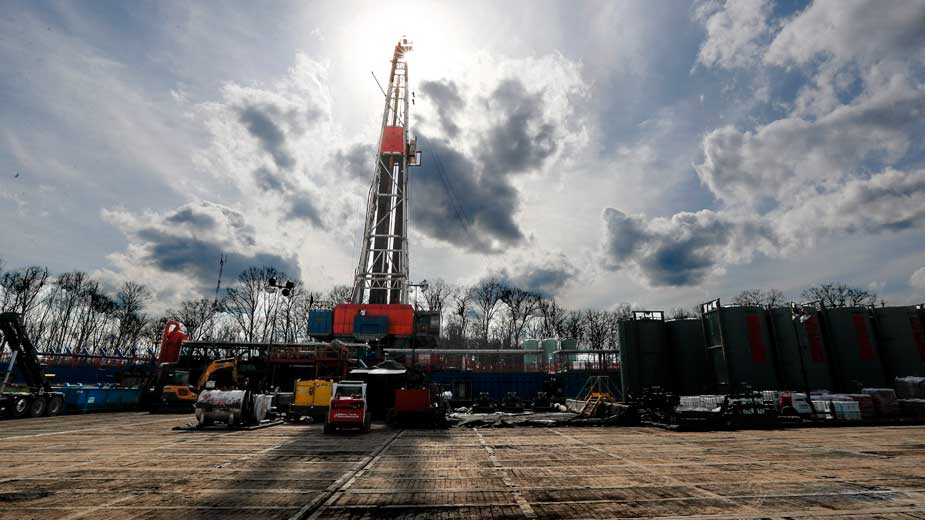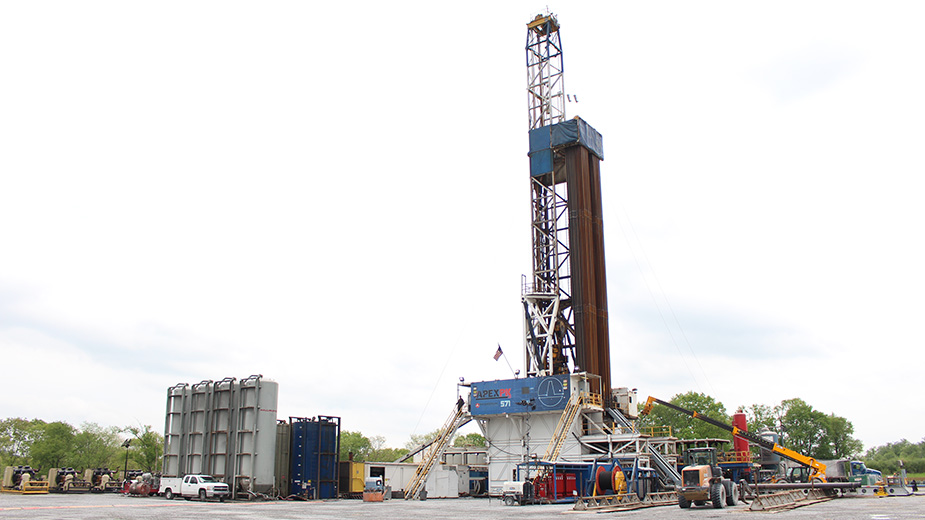Report Casts Doubt on New Gas Investment in Appalachia
JOHNSTOWN, Pa. – Natural gas field development in Appalachia is unlikely to be profitable in the future because of the United States’ trend toward reducing its carbon footprint, according to a report from the Stockholm Environment Institute’s U.S. Center and the Ohio River Valley Institute.
The report, “Risks for New Natural Gas Development in Appalachia,” is a quantitative assessment of how the region’s gas industry would fare in a low-carbon future. The authors analyzed 200 prospective gas projects in Pennsylvania, Ohio, and West Virginia, using data from Rystad Energy, an energy research and business intelligence agency. By assessing each field’s capital and operating costs, as well as the gas prices necessary to keep such fields profitable, the study found that the gas industry in Appalachia is vulnerable to sustained, low prices of domestic gas and natural gas liquids.
“Our analysis shows that gas expansion in Appalachia is a risky investment,” said Peter Erickson, a senior scientist and climate policy program director with Stockholm Environment Institute and the study’s lead author. “The calculations show that new gas developments face an array of serious financial risks that could render extraction from Marcellus gas fields unprofitable in the coming years.”
The report finds that a rapidly decarbonizing economy – a specific policy aim of President Joe Biden – would severely undermine the profitability of Appalachian gas development, resulting in reduced production. Lower gas production would in turn crimp the output of natural gas byproducts like ethane that serve as feedstock for any petrochemical build-out.
Royal Dutch Shell is building a $6 billion ethane cracker plant near Monaca, Pa. The plant will convert ethane liquid gas into ethylene, a byproduct used to manufacture plastic products.
“Communities in Appalachia know firsthand what happens when leaders fail to plan for markets that are moving away from fossil fuels,” said Joanne Kilgour, executive director of the Ohio River Valley Institute. “We already know that fracking has failed to deliver prosperity for the local communities that produce the gas. This report makes it clear that the region should plan for real economic development that can flourish in the 21st century.”
Copyright 2024 The Business Journal, Youngstown, Ohio.


